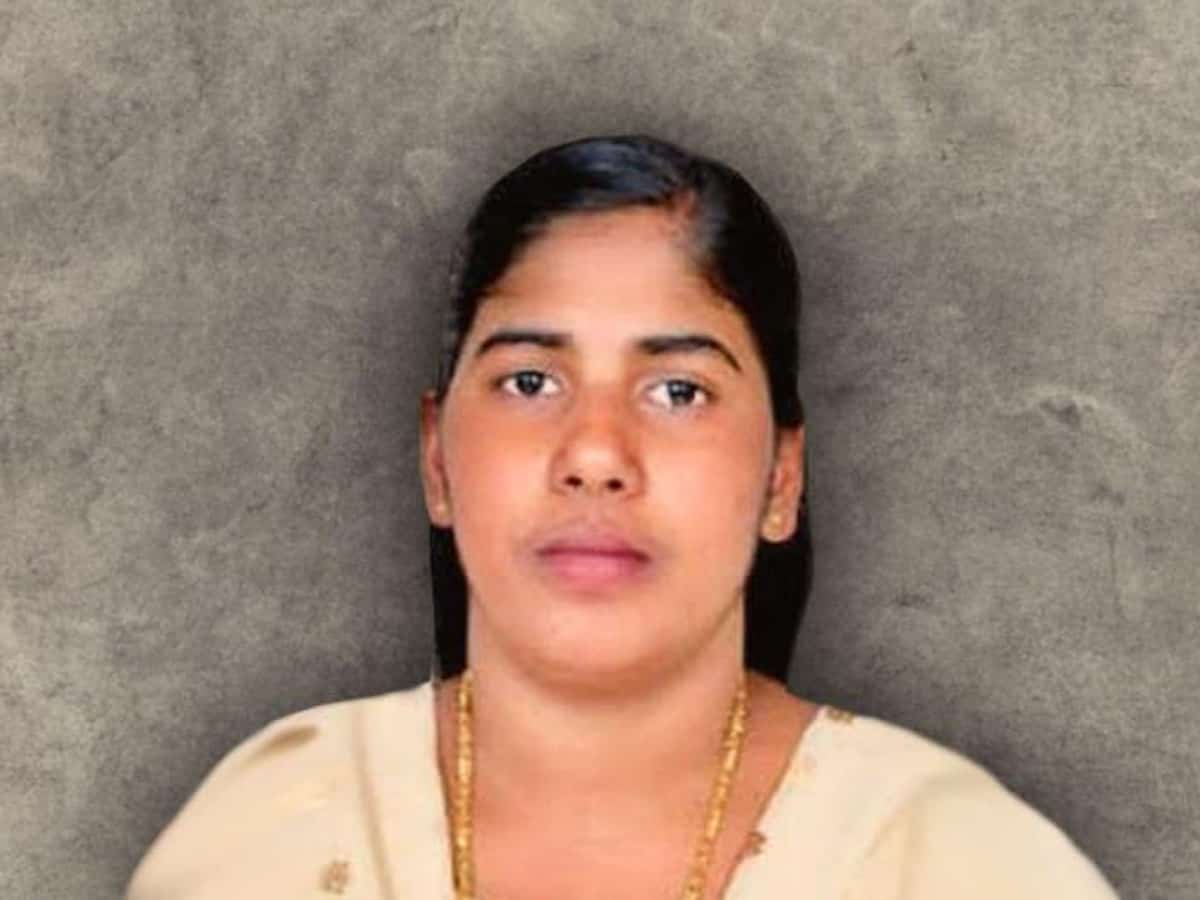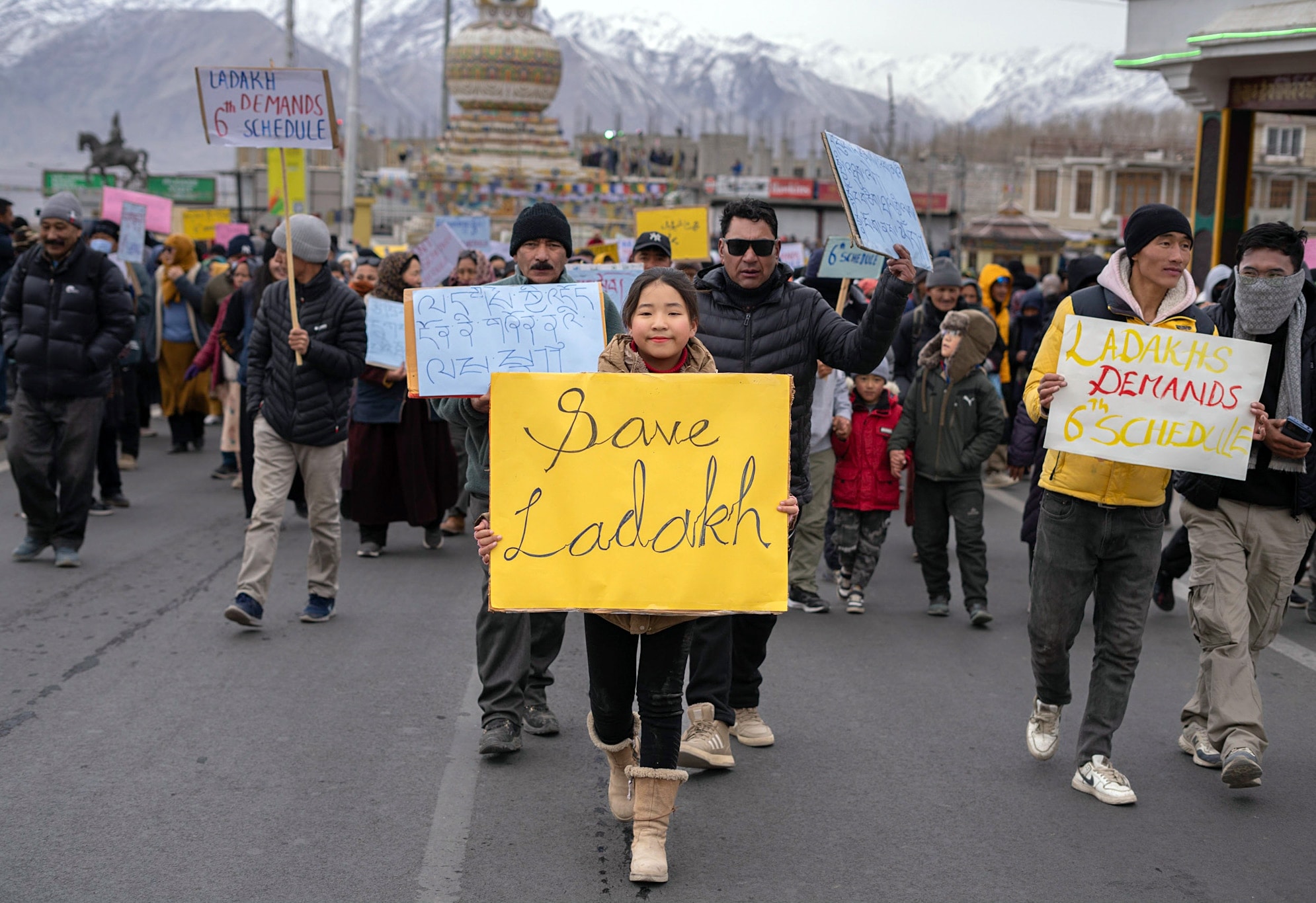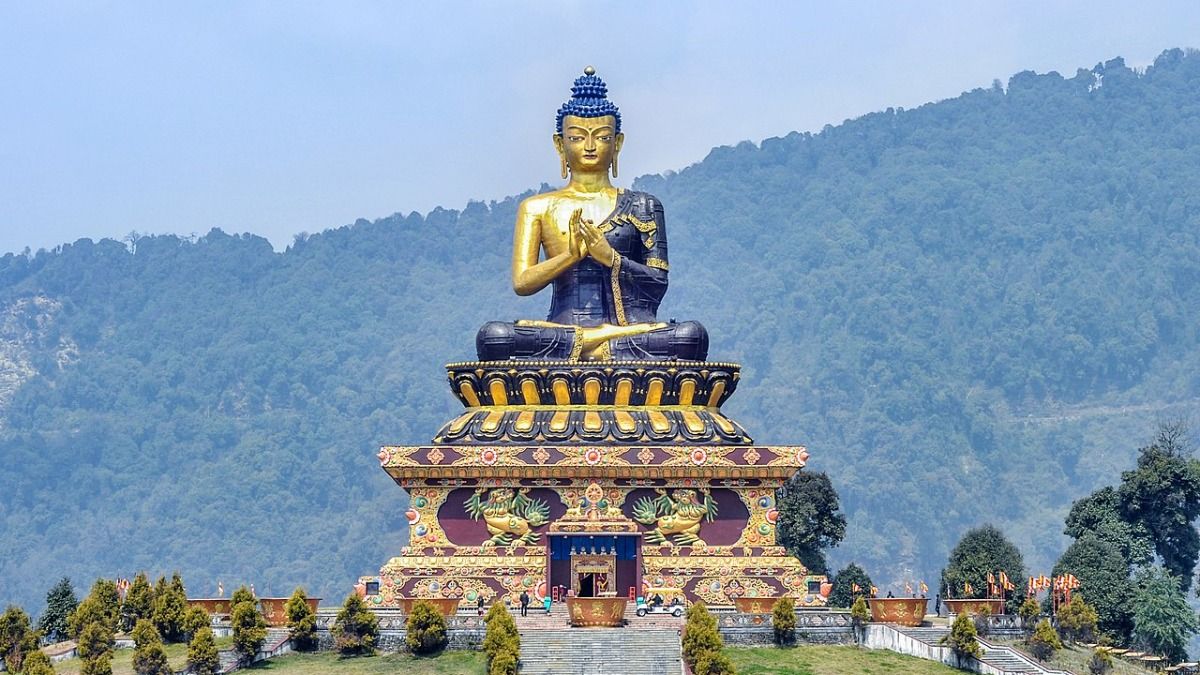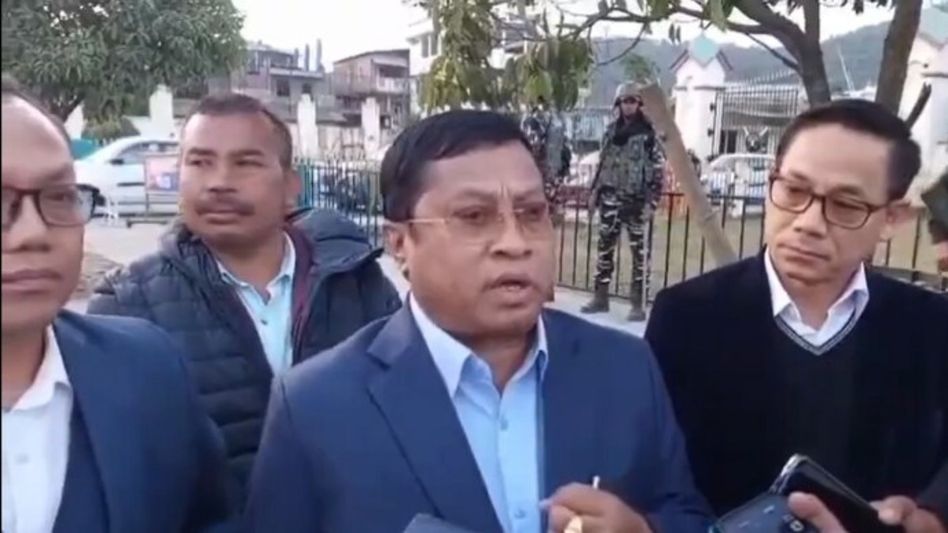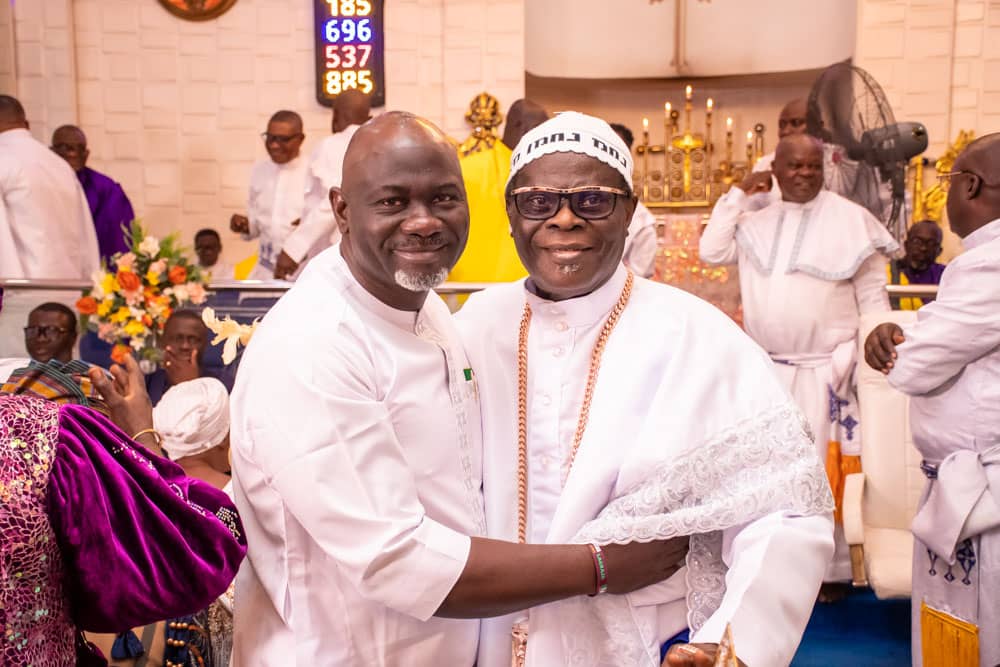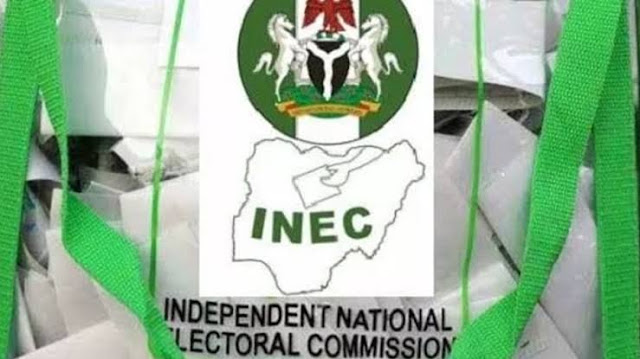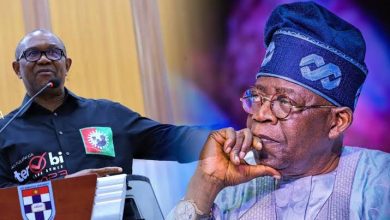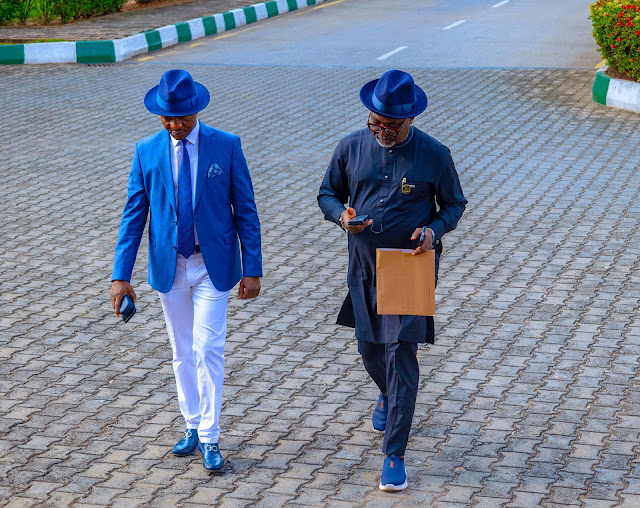Indian nurse on death row in Yemen: Doing utmost possible; nothing much Govt can do, Centre tells SC
“There is a point up to which the Government of India can go, and we have reached that point,” Attorney General R. Venkataramani told a bench comprising Justices Vikram Nath and Sandeep Mehta. He explained that given Yemen’s political complexity and its non-recognition in formal diplomatic terms, the scope for intervention is limited.
Venkataramani said the Indian government had recently written to the local public prosecutor in the concerned area, requesting a temporary suspension of the execution. He also mentioned that the government has reached out to influential local sheikhs in Yemen, seeking their help in the matter.
The court was hearing a petition that requested directions to the Centre to engage diplomatically to save Nimisha Priya, a 38-year-old nurse from Palakkad, Kerala. She was convicted of murdering her Yemeni business partner in 2017 and sentenced to death in 2020. Her final appeal was rejected in 2023, and she is currently incarcerated in Sana’a, the capital of Yemen.
During the hearing, counsel for the petitioner organisation Save Nimisha Priya – International Action Council, which is providing legal aid to Priya, described it as a “very unfortunate situation.” He pointed out that the death sentence has been upheld by the Supreme Judicial Council of Yemen under the country’s Sharia law.
He further informed the court that Priya’s mother is currently in Yemen along with a social worker to negotiate with the victim’s family for blood money—a form of compensation allowed under Sharia law that can avert the death penalty if accepted by the victim’s family.
“The only thing that is possible today to avoid the death sentence is the family of the deceased agreeing to accept blood money,” the petitioner’s counsel told the court, clarifying that they were not seeking financial assistance from the government and would raise the funds themselves.
Responding to this, the Attorney General said, “Blood money is a private negotiation.” The bench noted, “They (petitioner) are saying they may be able to arrange for the blood money. The only question is the negotiating link.”
Venkataramani stressed that Yemen is not a place where traditional diplomatic or inter-governmental negotiations can proceed normally. “It is very complex,” he said, adding, “and we don’t want to complicate the situation by going too much public.” He emphasized, “It is not a matter where the government can be asked to do something beyond the defined limit. It is not possible.”
The Supreme Court posted the matter for further hearing on July 18 and asked the parties to apprise the court of the status of negotiations.
On July 10, the apex court had agreed to take up the case urgently after the petitioner highlighted the need to explore diplomatic options before the impending execution date.
Meanwhile, influential Sunni cleric Kanthapuram A. P. Aboobacker Musliyar—also known as Sheikh Abubakr Ahmad and the Grand Mufti of India—has stepped in to help. According to sources, the 94-year-old cleric is in communication with religious leaders in Yemen who are in touch with the family of Talal Abdo Mahdi, the Yemeni national Priya allegedly killed in 2017.
Sources further indicated that negotiations concerning the payment of blood money have taken place, and relevant updates have been shared with key individuals in Kerala. However, there has been no official confirmation regarding the outcome of those negotiations.


